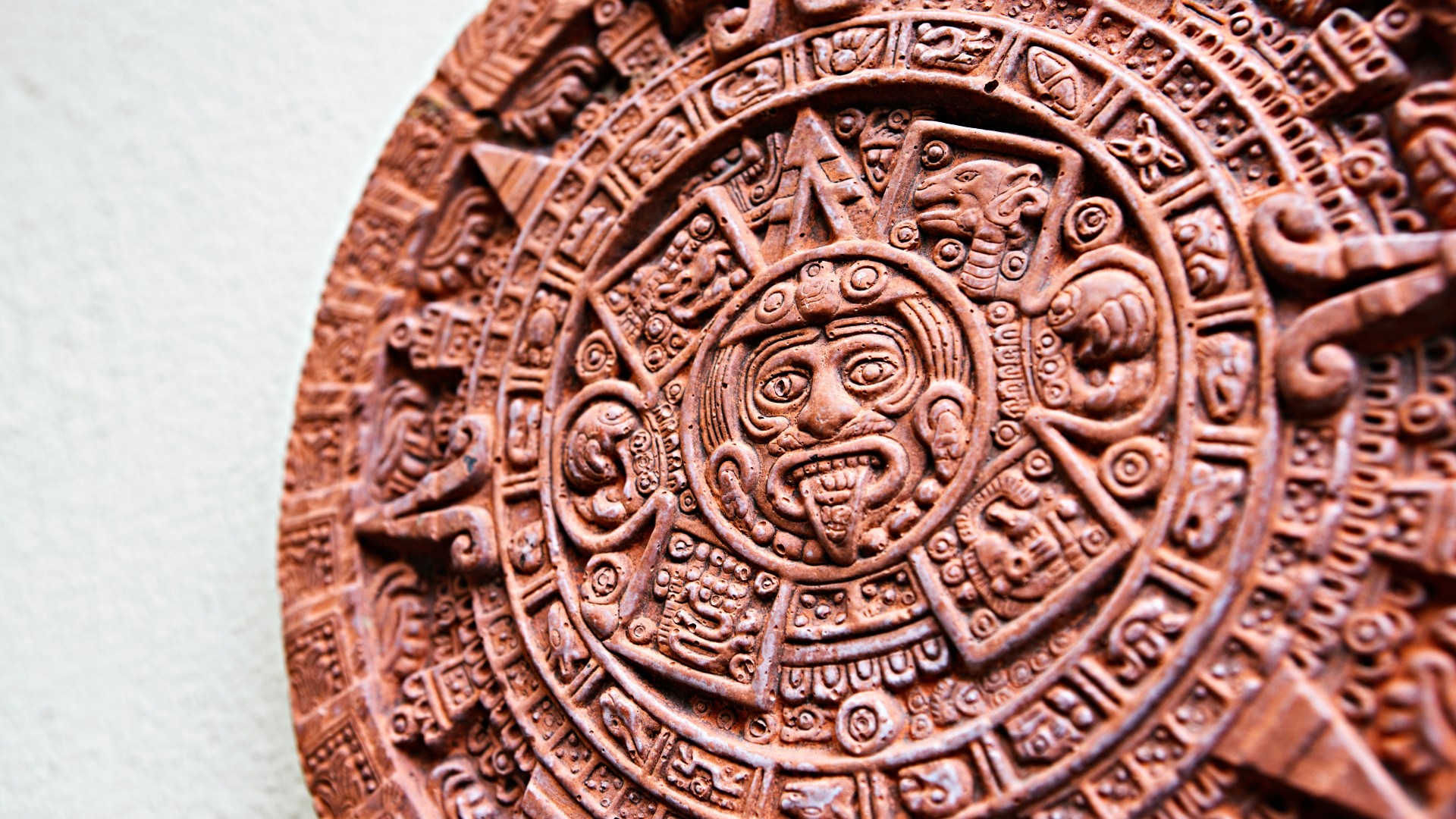According to new research from the University of Bologna and the Sant’Orsola-Malpighi University Hospital, self-reported regular coffee drinkers have significantly lower peripheral and aortic blood pressure than non-coffee drinkers; however, self-reported coffee consumption seems to not be significantly associated with arterial stiffness parameters.
People who drank 2 cups of coffee per day and people who drank over 3 cups per day had lower systolic blood pressure than non-coffee drinkers by 5.2 mmHg and 9.7, respectively; similar trends were also observed for peripheral pulse pressure, aortic blood pressure and aortic pulse pressure. Image credit: Sci.News.
Coffee is one of the most widely consumed beverages in the world. In 2020 and 2021, around 166.63 million 60-kg bags of coffee were consumed worldwide.
A growing number of epidemiological studies advocates for its consumption for the prevention of cardiovascular disease, stroke and mortality.
A recent large meta-analysis of observational longitudinal studies including more than 12 million participants and registering 36,352 cardiovascular disease cases concluded that there was a non-linear protective association between long-term coffee consumption and cardiovascular events.
In detail, compared to that with no coffee consumption, the relative risk of cardiovascular disease is 0.85 for a median 3.5 cups consumed per day. Similar data have been recently confirmed in the U.S. population.
However, it is not fully clear if this positive effect of coffee is supported or attenuated by coffee consumption.
In fact, the effect of coffee on arterial blood pressure is still debated, mainly because of the known acute impact of caffeine on blood pressure.
In particular, caffeine is well-known to increase blood pressure by interacting with adenosine receptors in arterial vessels and acutely augmenting catecholamine plasma levels.
However, this effect is counteracted by antioxidant components in coffee, which cause nitric oxide-mediated vasodilation and downregulate reactive oxygen species levels, finally playing an important role in the regulation of vascular tone.
“Caffeine is only one of the several coffee components and certainly not the only one with an active role,” said University of Bologna’s Professor Arrigo Cicero, first author on the study.
“Positive effects on human health have indeed been recorded even among those who consume decaffeinated coffee.”
“We know that caffeine can increase blood pressure, but other bioactive components in coffee seem to counterbalance this effect with a positive end result on blood pressure levels.”
To investigate these effects, especially with respect to central blood pressure, Professor Cicero and colleagues analyzed data from participants (720 men and 783 women) of the Brisighella Heart Study in Italy.
Blood pressure levels and coffee consumption habits, along with a range of other clinical data, were compared for each selected individual.
“The results are very clear: peripheral blood pressure was significantly lower in individuals consuming one to three cups of coffee a day than in non-coffee drinkers,” Professor Cicero said.
“And for the first time, we were also able to confirm these effects with regard to the central aortic pressure, the one close to the heart, where we observe an almost identical phenomenon with entirely similar values for habitual coffee drinkers compared to non-coffee drinkers.”
“Indeed, the data show lower values for coffee drinkers in both systolic and pulse pressure, and in both peripheral circulation and central aortic pressure.”
“All results confirm the positive effects of coffee in mitigating the risk of cardiovascular disease.”
“This is the first study to observe this association in the Italian population, and the data confirm the positive effect of coffee consumption on cardiovascular risk,” said University of Bologna’s Professor Claudio Borghi, senior author on the study.
The results were published in the journal Nutrients.
_____
Arrigo FG Cicero et al. 2023. Self-Reported Coffee Consumption and Central and Peripheral Blood Pressure in the Cohort of the Brisighella Heart Study. Nutrients 15 (2): 312; doi: 10.3390/nu15020312
Note: This article have been indexed to our site. We do not claim legitimacy, ownership or copyright of any of the content above. To see the article at original source Click Here














